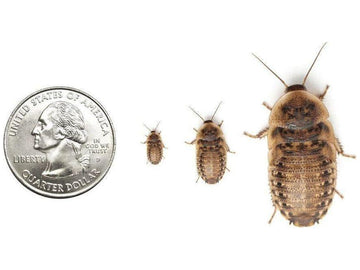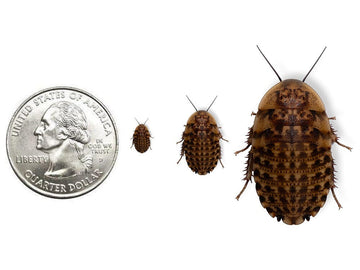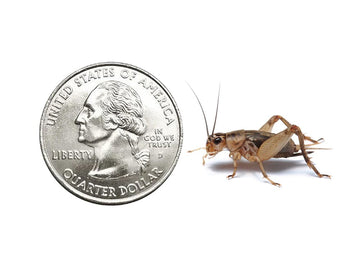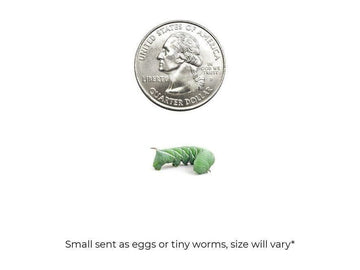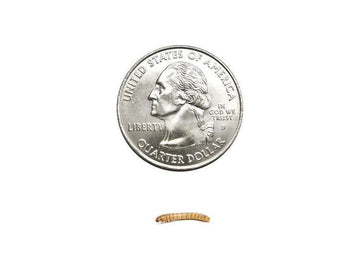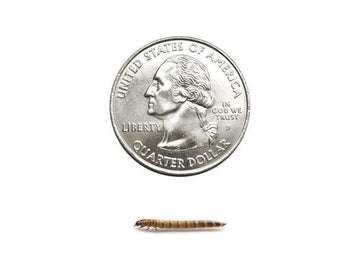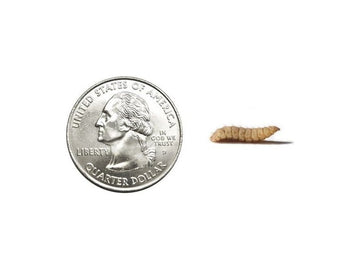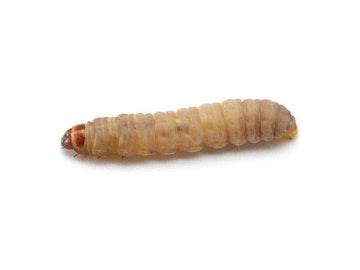As a bearded dragon owner, you will most likely have heard the term "brumation," what does brumation mean? Hibernation and brumation are both similar to one another, but they are not the same thing. The biggest reason that they are different is that with hibernation, animals settle down to sleep, and they stay asleep the entire time that they hibernate. With brumation, it's a lighter sleep, and your dragon may stir from time to time and change position. They may even wake up completely and walk around, go to the bathroom, eat or drink, and then settle back down to sleep. Although they can do this, every dragon is different, and they can stay asleep the whole time, although some may wake up more than others.
Bearded dragons do not need to enter brumation in captivity. They do so in the wild when food becomes scarce, and temps get lower. In captivity, we can maintain these things, so that means your dragon doesn't need to go into brumation. However, your dragon may still do so, and the main reason for this is simply instinct. There can also be external factors that come into play that can cause them to want to brumate, such as if temperatures in the tank are too low or they aren't getting enough food.
Brumation can last several days or even last up to 6 months, although such a length of time is not unheard of; it is rare. Their husbandry partly dictates the amount of time they go through brumation (lighting, heat, etc.), but it is also somewhat down to the dragon and its personality.
If you have a pet bearded dragon, brumation is one of the realities of keeping them. Despite being in captivity, dragons are still able to detect the seasons, even though it is to a lesser extent than in the wild, so it is more common for your dragons to want to enter brumation during the colder months. If your pet seems to be entering brumation during the warmer part of the year, then you should check the temperatures in your dragon's enclosure to ensure that they are correct. See below for a rundown of temperatures:
- Basking spot temp: 100°F - 110°F (surface temp)
- Hot side temp: 90°F - 95°F (ambient temp)
- Cold side temp: 80°F - 85°F (ambient temp)
If it is the first time that your pet bearded dragon is trying to go into brumation, it is essential to get a wellness check and fecal exam done at a licensed vet. It is very unusual for a dragon to want to enter brumation under nine months old because they have not yet established a proper cycle. The signs of brumation are; acting sluggish, wanting to sleep all the time, less to no appetite, and acting grumpy, to name a few. These signs can be very similar to symptoms of various types of sickness that can affect bearded dragons, which is another reason it is prudent to seek a vet unless you are confident that you know your pet's brumation cycle.
Dragons should not lose much weight when they are in brumation; if you notice weight loss, then it is quite likely your dragon is ill, same with dehydration. Since they don't move much, if at all, during their cycle, their bodies do not use up much fat or water.
While they are in brumation, you should try and keep their lights on their regular schedule, and provide a hide for your pet so that they can hide from the light should they need to. Keeping their lights on means that they will not be made to think that they should enter brumation for longer because there is less heat and lighting as there would be during the winter months in their natural environment.
You should regularly check on your dragon to ensure that they are okay, and you can even offer them food and water once per week or so to see if they need it. Bear in mind your dragon may be in a mood during this time, so be patient with them and try not to disturb them too often, even though this can be a worrying time for you as an owner.


